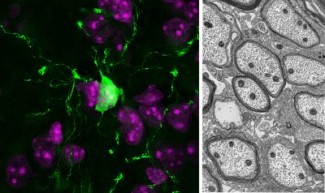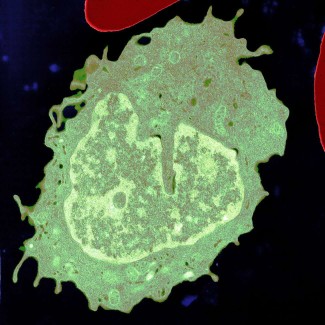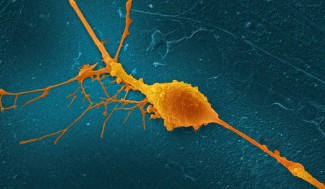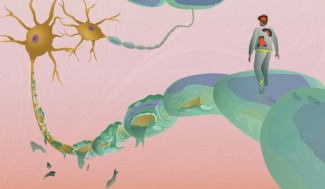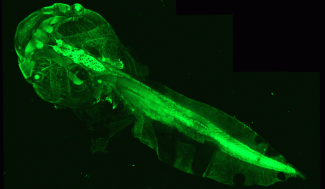Although multiple sclerosis was defined and named by Charcot more than 150 years ago, the causes of this central nervous system disease are still unknown.
Genetic factors
Multiple sclerosis (MS) is not an inherited disease. It is a multifactorial condition. Though some environmental factors have now been identified, no causal link has yet been definitively demonstrated. There may also be a genetic predisposition. A genetic predisposition is defined as a combination of genetic variants that create a greater risk of developing the disease. Although this alone is not enough for the disease to emerge, it does make it more likely. Most of the genetic variants identified are linked to so-called ‘immunological’ genes, i.e. genes involved in inflammation.
Epidemiological studies have not been able to identify, with any certainty, environmental factors responsible for triggering the disease. Vitamin D deficiency may be a triggering factor, but its involvement has not yet been conclusively proven. Several viruses have also been studied, based on the hypothesis that a viral infection acquired in early childhood could be the cause of the disease in genetically predisposed people.
The link between multiple sclerosis and Epstein-Barr virus infection has long been suspected. Very recently, a US study discovered important new information about this link. The Epstein-Barr virus belongs to the herpesvirus family. It is usually contracted asymptomatically during childhood, and is also responsible for infectious mononucleosis, or glandular fever. Because the Epstein-Barr virus is widespread in the general population, with an estimated 90% of adults having been in contact with it, it therefore appears to be a precursor condition, but one that is not enough to develop multiple sclerosis. The vast majority of the population infected with the Epstein-Barr virus will never develop multiple sclerosis.
No link between vaccination and multiple sclerosis
For a long time, vaccines were implicated in the onset of multiple sclerosis (MS) and have been the subject of large-scale epidemiological studies. Two million young girls vaccinated against papillomavirus were monitored over several years, as part of a study by ANSM, France’s drug safety authority. The conclusion from this study was that the onset of multiple sclerosis in these girls was no more common than it was among the general population. Several studies on the link between the hepatitis B vaccine and multiple sclerosis onset have reached the same conclusions.
At Paris Brain Institute
In 2019, the International Multiple Sclerosis Genetics Consortium (IMSGC), including a research team from Paris Brain Institute, published a scientific article in the journal Science citing 233 genetic variants predisposing a person to multiple sclerosis. The study involved 47,429 patients and 68,374 controls. These findings confirm that multiple sclerosis is the result of an immune system dysfunction and paves the way for functional research into the causes of the disease.

